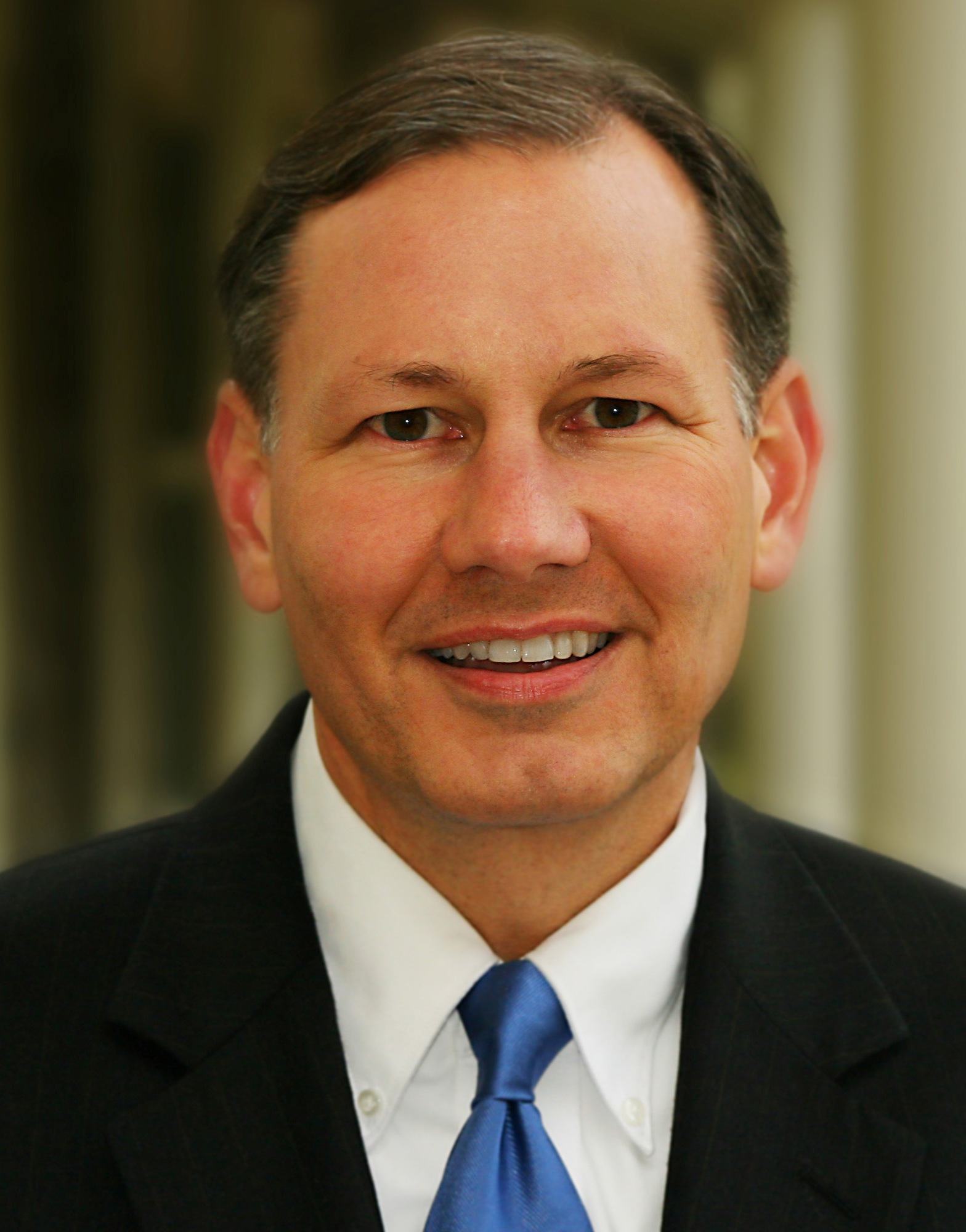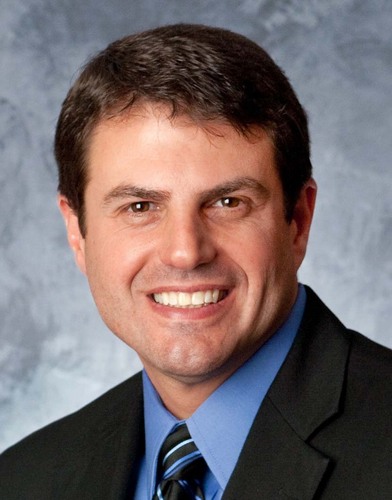Commentary

Sounding the Alarm to Save Pennsylvania
A four-alarm fire threatens to engulf Pennsylvania’s economy. If we don’t regain control of the state debt, corrections costs, public welfare growth and government employee pensions, our state taxpayers will be burned, and Pennsylvania’s children will inherit only the ashes of our once great commonwealth.
From 1970 to 2012, state government spending exploded from $4 billion to $63 billion, an inflation-adjusted increase of $11,800 per family of four, according to the Commonwealth Foundation, a free-market think tank in Harrisburg. In real terms, this means the out-of-control flames of government spending now burn through 146 percent more Pennsylvania taxpayer dollars each year than in 1970, and the fire is only getting hotter.
If state leaders of both parties had simply said “no” to reckless spending and had dampened the flames of rising government costs to the rate of inflation plus population growth since 2000, taxpayers would be saving more than $10 billion dollars this year, or $3,412 per family. But instead, they allowed the billowing flames to spread.
The whole structure of Pennsylvania’s economy is now at risk and we must act decisively to douse the raging inferno of state spending with cold water. To begin, we know overtaxed Pennsylvanians cannot shoulder the burden of any new taxes and our legislators must, like the families they serve, spend only within their means. Spending growth must be capped at inflation plus population.
 |
 |
| Sen. John Eichelberger | Rep. Stephen Bloom |
Ultimately, the government must stop burning taxpayer and employer dollars to fuel its bonfire of irresponsibility and the flames of crony capitalism must be squelched to once again allow the free market to determine winners and losers, thus rescuing and reviving the economic principles that create sustainable prosperity for our commonwealth and its citizens.
Make no mistake, this is no small kitchen flare-up, this is a four-alarm inferno. Spending caps will cool the heat, but to put the fire out, the mushrooming costs of welfare, corrections, debt and pensions all must be addressed.
For the first time in history, Pennsylvania now spends more of its budget on public welfare than on educating our children. The flames of public welfare spending have leaped past the firebreaks, rising by more than 50 percent in just 10 years. And the heat is so intense that the so-called safety nets of public welfare programs are engulfing even those they were designed to save. Instead, public welfare should encourage personal responsibility and a swift return to independence.
We applaud state Auditor General Jack Wagner for uncovering welfare error rates of more than 15 percent in Pennsylvania’s welfare programs. If the error rate for Medicaid was lowered by just one-tenth, the state would save $439 million this year and $1.9 billion in the next four years. Curbing welfare abuse saves the taxpayers of Pennsylvania, but, just as important, ensures welfare resources go to the truly needy.
Meanwhile, in another persistent hotspot in the fiscal fire, Pennsylvania’s incarceration rate has spiked by 500 percent since 1980. It should be no surprise then that the state Department of Corrections’ budget has increased 1,700 percent in the past 30 years. There are more than 50,000 inmates in Pennsylvania’s prisons, and even though taxpayers have paid for 18 new prisons since 1980, the prison population today is 13 percent over capacity.
Ignoring the financial smoke pouring from our prison system will do nothing to curb the dramatic increase in corrections spending or to reduce crime in Pennsylvania. Reforms must protect citizens, reduce crime, and control spending. The criminal justice system’s goal shouldn’t be to simply lock up as many people as possible, but also to ensure offenders are rehabilitated before reentering society. Pennsylvania must replace ineffective correction policies with those that lower crime rates, reduce recidivism and control spending.
Cost-saving lessons can be learned from successful corrections reform measures in other states. For example, a Florida study found offenders on GPS electronic monitoring were 95 percent less likely to return to prison than those not being monitored.
And finally, amidst the red-hot flames of spending, welfare and corrections, our state pension costs and debt obligations threaten to blow Pennsylvania’s entire fiscal house to smithereens. Pennsylvania’s public employee pension plans are severely underfunded, and pension contributions will be increasing by 40 percent per year. True reform is needed to protect our children and grandchildren from paying for the consequences of our spending.
We support replacing public sector pensions with a 401(k) type program for newly hired state and public education employees. This is an affordable option for Pennsylvanians and gives employees ownership and accountability in their retirement planning.
And despite recent moves toward more responsible levels of borrowing, the cost of carrying our existing state debt continues to consume more and more taxpayer dollars every year. We support aggressive measures to “stop, drop and roll” our public debt: stop borrowing money to spend, drop and cut debt-fueled give-aways like “RACP,” and roll-over any existing debt that can’t be paid down to take advantage of savings from historically low interest rates.
We love and believe in the potential of our commonwealth. Our fiscal house is about to catch on fire, and while some lawmakers and special interest groups are shouting “burn, baby, burn,” we refuse to stand by and let that happen. We’re sounding the alarms, and we need your help. Pennsylvanians must call on their legislators and demand substantive solutions are implemented to put out the flames.
# # #
Senator John Eichelberger represents the 30th District and Representative Stephen Bloom represents the 199th District.